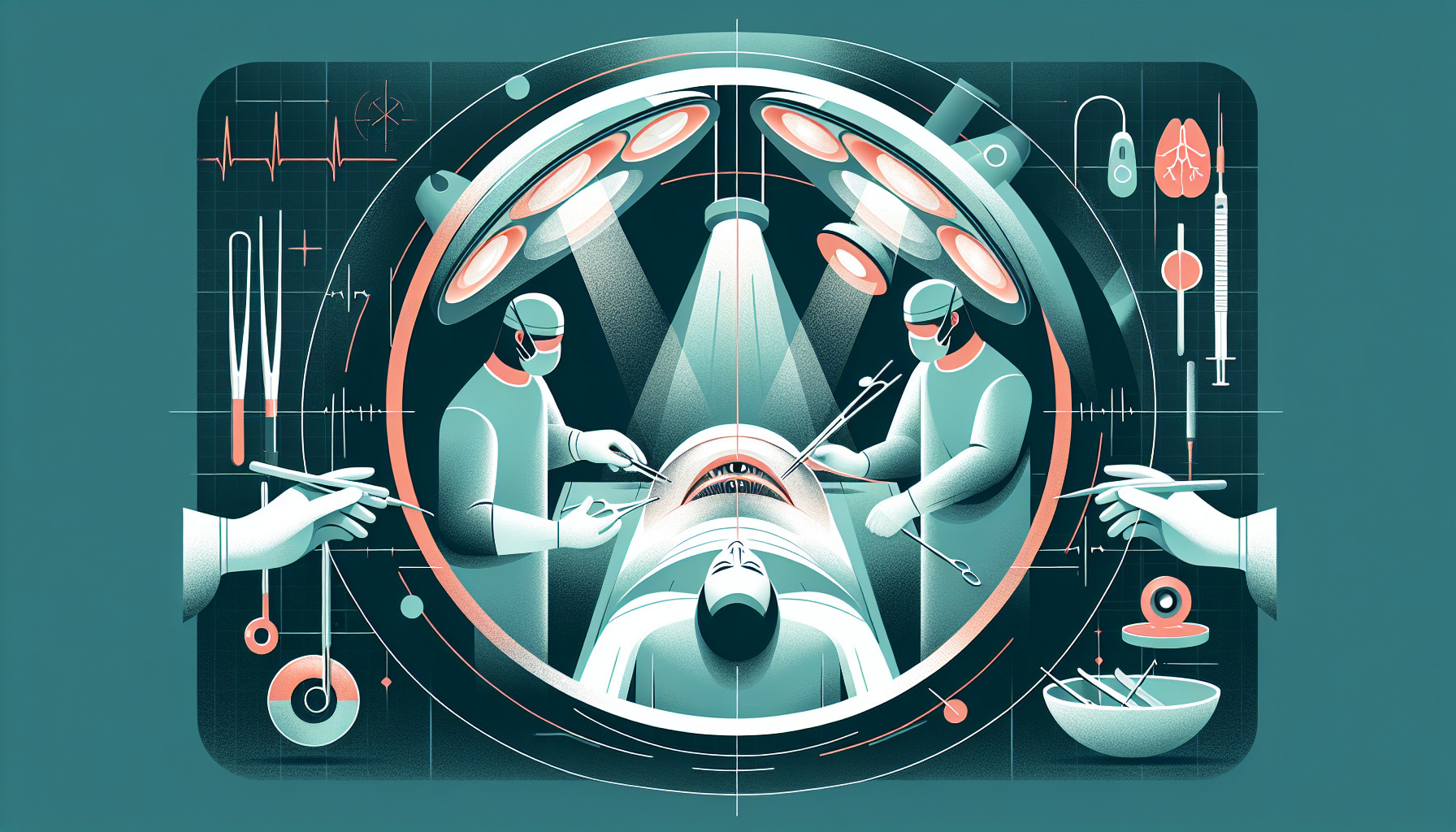Our Summary
This research paper looks at the risk factors that can lead to complications when trainee doctors perform cataract surgery. The study used a systematic review of articles found in four databases, and included full-text, English-language articles that discussed these risk factors. They left out any studies that didn’t provide enough information, or that discussed surgeries conducted by more experienced doctors, or combined surgeries.
Of the over 6000 articles they initially found, they ended up studying 15. They found that certain patient-related factors were linked to a higher risk of complications. These included the patient being older, having high blood pressure, having certain types of cataracts, and a few other factors. There were also some surgeon-related factors, such as the year of their postgraduate training, and whether they were right-handed. Other risk factors were a lack of supervision during surgery, longer surgery time, and using high power during surgery.
The researchers evaluated the quality of the studies they reviewed, and found most were of moderate quality, mainly due to potential bias. They concluded that when assigning cataract surgeries to trainee doctors, educators should consider these risk factors to ensure safe and effective learning.
FAQs
- What are the patient-related risk factors for complications in resident-performed cataract surgery?
- What are the surgeon-related risk factors for complications in resident-performed cataract surgery?
- How should graduate medical educators consider risk factors when assigning cataract surgery cases to residents?
Doctor’s Tip
One helpful tip a doctor might tell a patient about cataract surgery is to follow all pre-operative instructions carefully, such as avoiding eating or drinking before the surgery and taking any prescribed medications as directed. This can help reduce the risk of complications during the procedure.
Suitable For
Patients who are typically recommended for cataract surgery include those with older age, hypertension, prior vitrectomy, zonular pathology, pseudoexfoliation, poor preoperative visual acuity, small pupils, and selected types of cataracts. These patients may be at higher risk for complications during the surgery. It is important for surgeons to assess and consider these risk factors when determining the suitability of a patient for cataract surgery.
Timeline
- Before cataract surgery:
- Patient experiences vision impairment or blurry vision.
- Patient undergoes a comprehensive eye examination to determine the need for cataract surgery.
- Patient discusses the procedure with their ophthalmologist and decides to proceed with surgery.
- Preoperative tests and measurements are taken to determine the appropriate intraocular lens (IOL) power.
- Patient receives instructions on how to prepare for surgery, including fasting before the procedure.
- After cataract surgery:
- Patient arrives at the surgical center or hospital on the day of surgery.
- Patient undergoes the cataract surgery procedure, which typically lasts around 15-30 minutes.
- Patient may experience mild discomfort or irritation in the eye immediately after surgery.
- Patient is given postoperative instructions, including how to care for the eye, use prescribed eye drops, and avoid certain activities.
- Patient attends follow-up appointments to monitor healing and ensure optimal visual outcomes.
- Patient gradually experiences improved vision as the eye heals and adjusts to the new IOL.
- Patient may need to update their eyeglass prescription after the eye has fully healed.
What to Ask Your Doctor
- What are the potential risks and complications associated with cataract surgery?
- How experienced is the resident who will be performing the surgery?
- Are there any specific risk factors that may increase the likelihood of complications during the surgery?
- What measures will be taken to ensure the safety and success of the surgery?
- What is the expected recovery time and outcome after the surgery?
- Are there any alternative treatment options available?
- How many cataract surgeries has the resident performed in the past?
- Will the surgery be supervised by an experienced ophthalmologist?
- What preoperative tests or evaluations will be conducted to assess the suitability for cataract surgery?
- What postoperative care and follow-up appointments will be necessary after the surgery?
Reference
Authors: Kang C, Lee MJ, Chomsky A, Oetting TA, Greenberg PB. Journal: Surv Ophthalmol. 2024 Jul-Aug;69(4):638-645. doi: 10.1016/j.survophthal.2024.04.002. Epub 2024 Apr 20. PMID: 38648911
